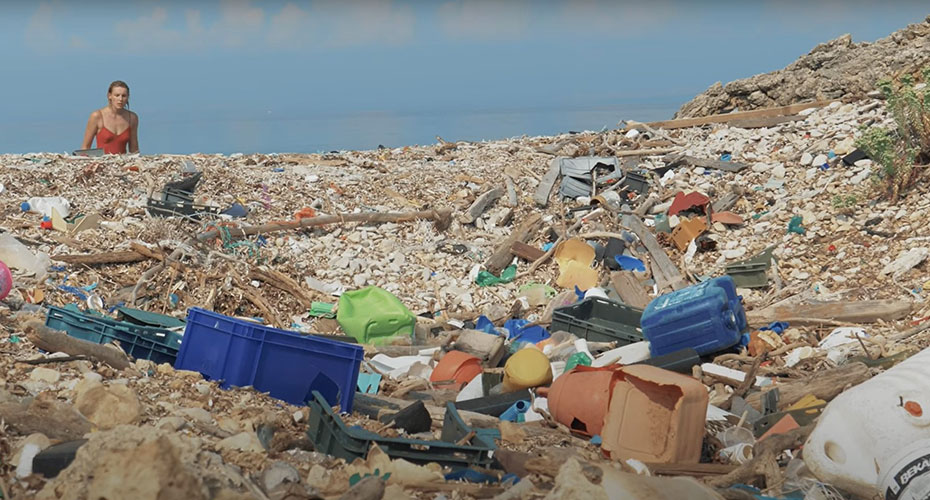Microplastics
Developing methodologies and world-leading capabilities at the University of Exeter
UK water industry research group (UKWIR) have developed 12 Big Questions to tackle the key challenges faced by the industry, now and in the future. One of these is ‘How do we achieve zero harm from plastics via our operations by 2050?’
The UK water industry research group (UKWIR) have developed 12 Big Questions to tackle the key challenges faced by the industry, now and in the future. One of these is ‘How do we achieve zero harm from plastics via our operations by 2050?’. To answer this question, we need to understand how much plastic is present in the water that is abstracted, treated, supplied as drinking water, and then collected, treated and returned to the environment. We also need to know how we can reduce the presence of plastic at every stage, to protect the environment and the consumer, and to prepare for future regulation.
The water sector’s knowledge and understanding of microplastics is increasing all the time, yet there are still significant blind spots and gaps. Ongoing PhD work at Exeter and Plymouth in partnership with South West Water has made significant inroads into this ‘big question’, for example we now know that 99% of microplastics in effluent end up in the sludge. However, there is a need to develop a more significant research programme in this area to accelerate our learning and understanding of microplastics in South West Water operations.
Microplastics research at University of Exeter is world-leading, but our current ability to undertake the required studies through the CREWW initiative is severely limited by the capacity of facilities and equipment. To grow this work at pace, we have established a state-of-the-art ‘CREWW Microplastics Lab’, which will underpin and enable further ground-breaking work on microplastics at a scale to meet the needs of the industry.
Team members
- Professor Tamara Galloway, Professor of Ecotoxicology
- Dr Ceri Lewis, Associate Professor in Marine Biology
- Dr Paul Boisseaux, Postdoctoral Research Fellow in Exotoxicology
- Dr Stephanie Andrews, CREWW Microplastics Analyst
Sponsored from SWW by Helen Dobby, Director of Bioresources (SWW)
Funding
- South West Water
- University of Exeter




